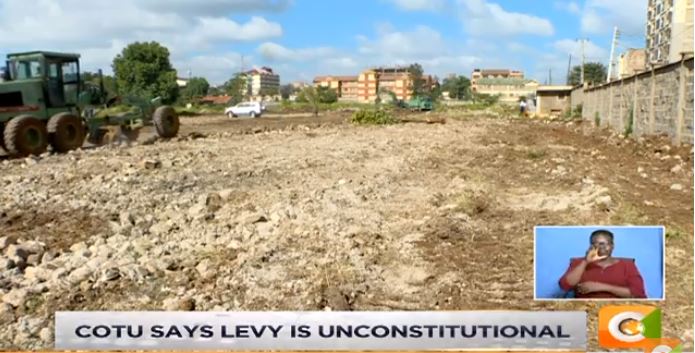
The Ministry of Housing and Urban Development on Tuesday made a surprising announcement that the first Housing Levy contribution will be due by May 9, 2019. This came after the court suspended the initiative in 2018.
The employers are required to deduct and remit the levy together with other statutory levies from both the employer and the employee by 9th of each succeeding month

The housing levy is expected to finance the Government’s Big 4 Agenda of affordable housing with employees who do not make use of the levy expected to get back their contribution after 15 years.
However many experts are reading a scam in the government initiative. The reason for this is that the implementation has been carried out so fast before the necessary regulations and structures are put in place.

This has the makings of a scam since it is not clear what role employers and workers would play in the management of the fund. The governance structure of the fund, its implementation modalities and how companies with housing plans for their employees will be treated are also not clear.
“We have been pushing for the constitution of a tripartite board of government, employers

“Until we know the rules of the game that will affect our 2.5 million workers, we will not allow any deductions. This will be the only way to hold the Executive accountable for their actions and or omissions in the housing plan,” he added.
The Draft Housing Fund Regulations 2018 provides for voluntary membership for self-employed people. They also set out penalties for non-compliance on both the employers and employees.

The contributions are to be remitted on or before the ninth day of the following month. Such funds require supervision to ensure workers benefit and to avoid embezzlement.
Currently, Kenya needs at least 250,000 housing units every year to meet demand. This is against the annual average of 50,000 units delivered by the government and private developers per year.

The housing levy is expected to finance the government’s Big Four Agenda of affordable housing with employees who do not make use of the levy expected to get back their contribution after 15 years.